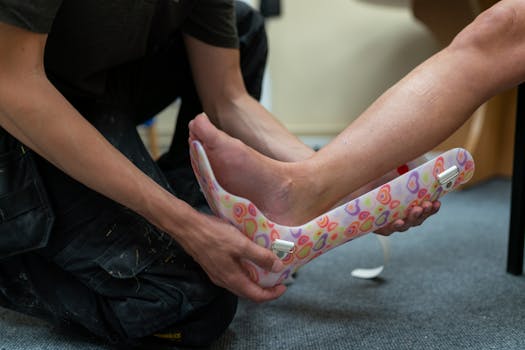You'll need to complete a postgraduate qualification approved by the Health and Care Professions Council.
Full time postgraduate courses normally take 2 years to complete. Part time courses take 3 years.
You should have a degree in art or creative therapies to do a postgraduate course.
You may be able to apply if you've got a degree in a related subject, for example psychology, nursing or social work.
Entry requirements
You'll usually need:
- a degree in a relevant subject for postgraduate study





